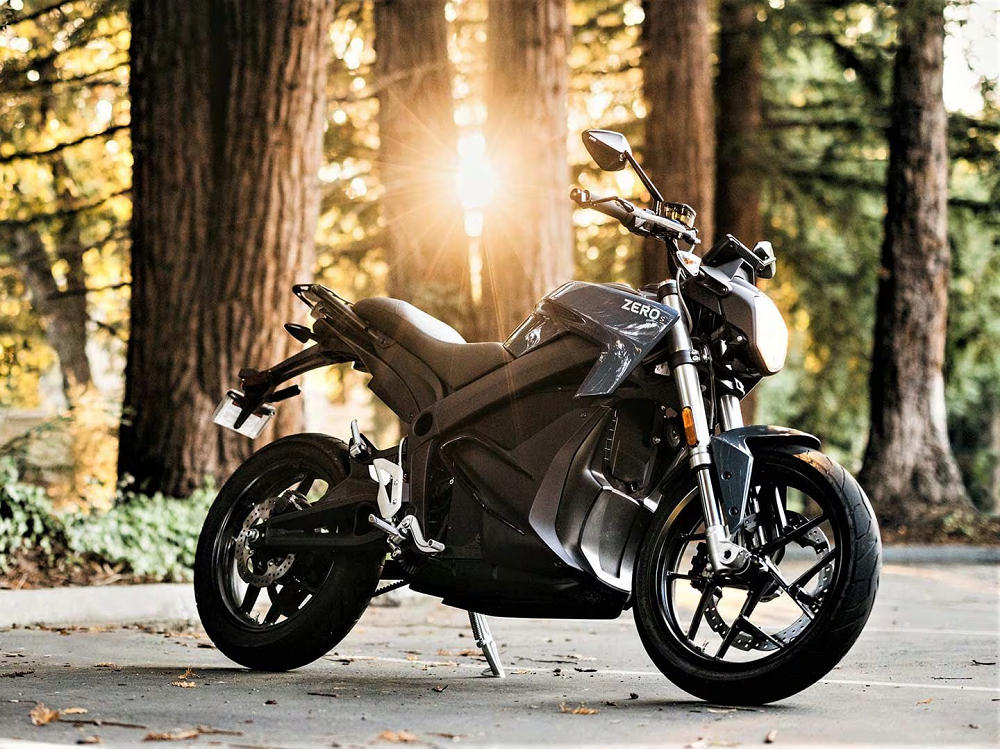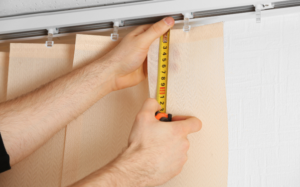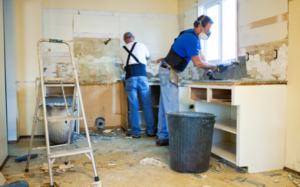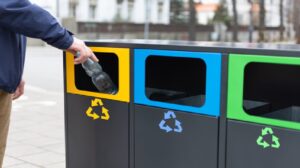FAQs About Construction Equipment Rentals

Construction equipment rentals provide a flexible, cost-effective solution for contractors and businesses handling various projects. Renting equipment allows you to access specialized machinery without the financial burden of ownership, making it an attractive option for short-term or project-specific needs. However, many people have questions about the process, costs, and benefits of renting construction equipment.
This guide addresses frequently asked questions about rental equipment, providing clarity and insights to help you make informed decisions. Whether you’re new to renting or looking to optimize your approach, this comprehensive overview covers the key points you need to know.
Why Should I Rent Construction Equipment Instead of Buying?
Renting construction equipment offers several advantages over purchasing, especially for businesses with fluctuating project demands or tight budgets.
Key Benefits of Renting Equipment
- Lower Upfront Costs: Renting eliminates the need for a significant initial investment, freeing up capital for other aspects of your project.
- No Long-Term Commitment: Rentals provide the flexibility to use equipment only when you need it, avoiding the costs of owning idle machinery.
- Access to Advanced Technology: Rental companies often update their inventory with the latest models, giving you access to cutting-edge equipment without purchasing it.
- Reduced Maintenance Responsibilities: Most rental agreements cover maintenance and repairs, saving you time and money on upkeep.
- Scalable Solutions: Renting allows you to scale your operations up or down depending on project requirements.
For businesses handling diverse or seasonal projects, renting ensures that you always have access to the right tools without the long-term financial obligations of ownership.
What Types of Equipment Can I Rent?
Rental companies offer a wide range of construction equipment to suit various tasks and industries. Whether you’re working on a small residential job or a large commercial project, there’s rental equipment available to meet your needs.
Commonly Rented Construction Equipment
- Excavators: Used for digging, trenching, and material handling. Available in compact and standard sizes.
- Loaders: Versatile machines for moving soil, gravel, or debris on-site.
- Bulldozers: Ideal for clearing land and leveling surfaces.
- Cranes: Essential for lifting and moving heavy materials in industrial or high-rise construction.
- Compact Equipment: Includes skid steers and mini excavators, perfect for tight spaces and smaller jobs.
- Aerial Lifts: Used for working at height, including scissor lifts and boom lifts.
- Concrete Equipment: Includes mixers, pumps, and finishing tools for concrete-related tasks.
No matter your project, rental companies typically provide a wide selection of machinery to fit your requirements.
How Much Does It Cost to Rent Construction Equipment?
The cost of renting construction equipment varies based on several factors, such as the type of equipment, rental duration, and location. Understanding these variables can help you budget effectively.
Factors That Affect Rental Costs
- Equipment Type: Larger, more specialized machinery like cranes or bulldozers typically costs more to rent than compact equipment like skid steers or mini excavators.
- Rental Duration: Daily, weekly, and monthly rates differ, with longer rental periods often offering discounts.
- Location: Regional demand and availability can impact pricing, with urban areas typically having more competitive rates.
- Additional Costs: Delivery, pickup, fuel, and insurance fees may apply.
To avoid surprises, request detailed quotes from rental companies, ensuring all potential costs are outlined upfront.
Average Costs for Common Equipment
- Compact Excavators: $150–$500 per day.
- Bulldozers: $300–$1,000 per day.
- Cranes: $1,000–$3,000 per day, depending on size and complexity.
Keep in mind that renting offers significant savings compared to the purchase price of these machines, which can run into tens or hundreds of thousands of dollars.
How Do I Choose the Right Rental Equipment?
Selecting the right equipment for your project is crucial to ensuring efficiency and success. Here are some tips to help you make the best choice:
Tips for Selecting Equipment
- Assess Your Needs: Determine the tasks you’ll be performing and the specific capabilities required, such as digging depth or load capacity.
- Consider Site Conditions: Evaluate the terrain, space constraints, and environmental factors to ensure the equipment is suitable.
- Consult Experts: Speak with rental company representatives who can recommend the best machinery based on your project.
- Evaluate Efficiency: Choose equipment that can complete tasks quickly and effectively to save time and labor costs.
By carefully considering these factors, you can ensure that the equipment you rent is tailored to your needs.
What Should I Look for in a Rental Company?
Not all rental companies are created equal, so it’s essential to choose a provider that offers quality equipment and reliable service.
Key Qualities of a Good Rental Company
- Well-Maintained Inventory: Ensure the rental company provides equipment that is regularly inspected and in excellent working condition.
- Transparent Pricing: Look for clear and upfront pricing with no hidden fees.
- Customer Support: Choose a company that offers responsive customer service to address any issues during the rental period.
- Delivery and Pickup Options: Convenient delivery and pickup services save time and effort.
- Flexibility: A good rental provider should offer flexible terms, such as the ability to extend your rental period if needed.
Researching reviews and asking for recommendations can help you identify a trustworthy rental company.
Are There Risks Involved in Renting Construction Equipment?
While renting construction equipment is generally a safe and reliable option, there are potential risks to be aware of.
Common Risks and How to Avoid Them
- Equipment Malfunctions: Inspect machinery before use to ensure it’s in proper working condition.
- Availability Issues: Book equipment early, especially during peak construction seasons, to secure the machines you need.
- Hidden Costs: Carefully read the rental agreement to understand additional fees, such as cleaning, refueling, or late return charges.
Working with a reputable rental company and conducting thorough inspections can help mitigate these risks.
Conclusion
Renting construction equipment is a practical and cost-effective solution for businesses of all sizes. By understanding the benefits, costs, and considerations involved, you can make informed decisions that maximize the value of your rental experience. With access to a wide variety of machines, flexible terms, and reduced maintenance responsibilities, rental equipment allows you to tackle projects efficiently without the long-term financial commitment of ownership.
Whether you’re managing a small landscaping job or a major commercial project, partnering with a reputable rental company ensures that you have the right tools for the job. Take the time to assess your needs, explore your options, and choose the best equipment to help your projects succeed.







